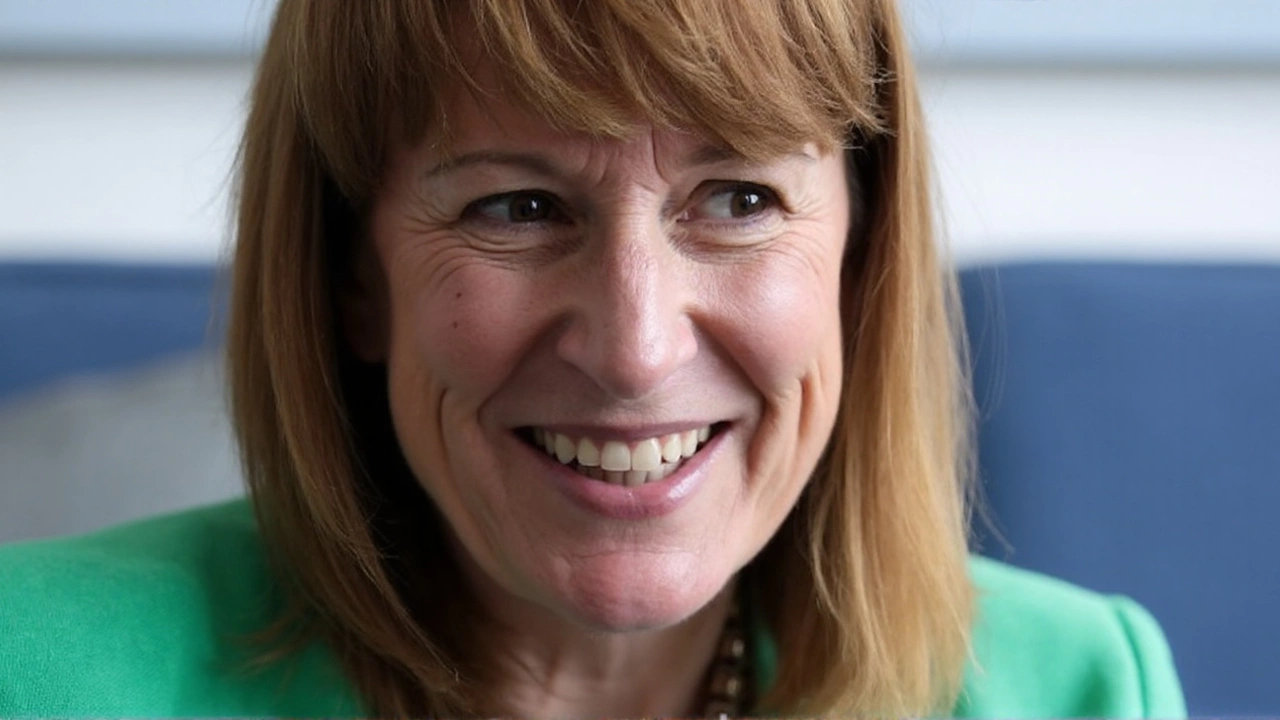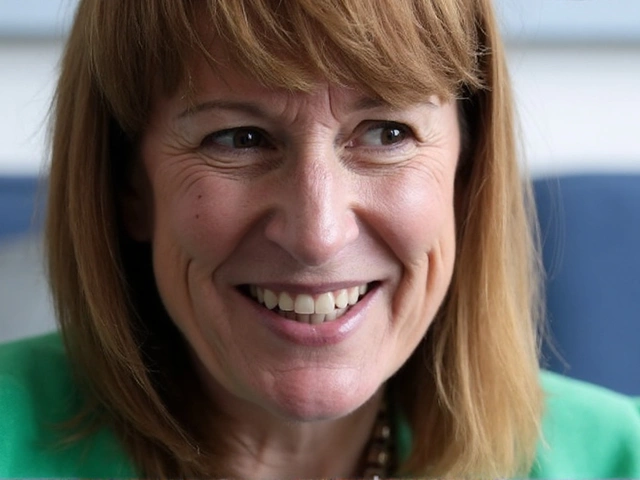State Pension Age Explained: What You Need to Know
Ever wonder when you can start claiming the UK state pension? It all comes down to the state pension age – the age you become eligible for the government’s basic retirement payment. It sounds simple, but the rules have shifted a lot over the years, and the numbers can be confusing. Let’s break it down in plain English so you know exactly where you stand.
How the state pension age is set
The government sets the state pension age based on life expectancy. When the system was created, most people lived shorter lives, so the retirement age was lower. As people live longer, the age has been nudged up to keep the scheme affordable. In practice this means the government publishes a schedule that tells everyone born after a certain year when they’ll hit pension age.
For men and women born before 1953, the default age was 65. That changed in 2011 when the law started equalising the age for both genders. Since then, anyone born after 1953 will see their pension age rise gradually. As of 2024, the standard age is 66, and it will rise to 67 by 2028 and 68 sometime after 2040.
What changes mean for you
If you’re approaching retirement, the key thing is to check the exact date you’ll turn eligible. You can do this on the government’s website or by calling the pension service. Knowing the exact day helps you plan when to stop work, when to start drawing benefits, and how your pension fits with any private or workplace savings.
Many people think they have to wait until the exact state pension age to get any money, but that’s not true. You can claim earlier, but the amount you receive will be reduced. The reduction is automatic and based on how many weeks you claim before your official age. For most folks, waiting is the smarter financial move.
Another practical tip: keep your National Insurance record tidy. The state pension is built on years of contributions, so gaps can lower your payment. If you missed out because you were unemployed or studying, you might be able to make voluntary contributions to boost your total.
Don’t forget the state pension isn’t the whole picture. Many people supplement it with a workplace pension, personal savings, or an ISA. The earlier you start adding to these pots, the less you’ll rely on the state payment alone.
Finally, stay alert for policy updates. The government reviews the pension age every few years, and announcements can shift the schedule. A sudden change could affect your retirement timeline, so subscribe to a reliable news source or set a reminder to check the official schedule every year.
Bottom line: the state pension age is a moving target, but it’s not a mystery. By checking your exact date, protecting your National Insurance record, and planning around any early‑claim penalties, you can make sure you get the most out of the system. Start today, and you’ll avoid any nasty surprises when the day finally arrives.





